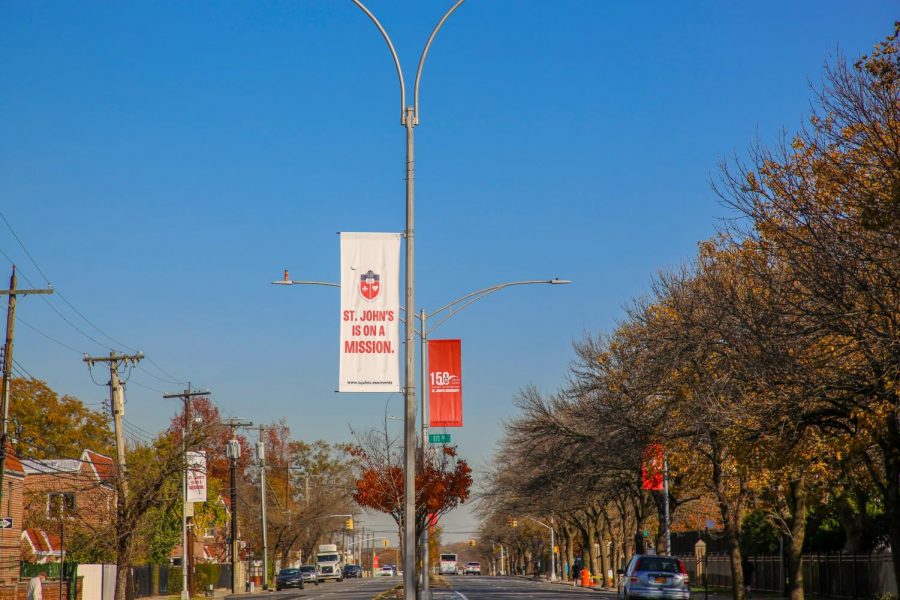Critical Race & Ethnic Studies (CRES) will be the newest minor available to students at St. John’s University under the St. John’s College of Liberal Arts and Sciences for the spring 2021. The minor aims to explore how social justice issues are shaped by race, ethnicity, class, dis/ability, gender, sexuality and other contemporary and historical forms of group-differentiation, according to the program description.
“This program prioritizes the perspectives of the peoples across the globe who have been subjugated, minoritized and marginalized,” says Dr. Natalie Byfield, CRES Director. “In addition, the development of this minor fills a curriculum gap at our University.”
The minor was created first and foremost by student demand, “most recently raised in protest over the last five years,” according to Byfield. The curriculum was created by a group of faculty with expertise in the fields of CRES over the course of five years. There will be a wide variety of courses offered over the 15 credit curriculum, with some courses newly created specifically for the program.
As an interdisciplinary minor, the program’s faculty members are “a diverse community of socially engaged scholars with expertise in the fields of critical race and ethnic studies across the Humanities, Social Sciences, the Arts, Law, Education and the Natural and Health Sciences,” according to the program’s mission statement. The CRES faculty have spent their time thinking about gaps in the SJU curriculum and plan to fill those gaps with programs such as these.
It is the only program or department at the University that provides undergraduate students with the opportunity to master CRES-related concepts.The curriculum uniquely covers topics such as “the formation of racial and ethnic groups, colonialism, imperialism, anti-Blackness and racial inequality from the perspectives of racial and ethnic minorities in the United States and the people they are linked to in Latin America, Africa, Indigenous lands and Asia, and their diasporas across the globe”, according to Dr Byfield.
Byfield also noted the versatility of this minor for any career path.
“This is knowledge that applies to all fields of work,” she said. “Since this perspective is often marginalized or left out of traditional approaches of study in all disciplines, students who develop a mastery in this area will be able to apply it to any career path they take.”
Some of the decisions behind the course implementations were also shaped by things students have encountered or heard about in current social, economic and political environments, according to Byfield. These kinds of conversations mirror the larger national conversations surrounding systematic racism, economic inequality and police brutality.
“The same global social, economic, and political forces that created and sustain white supremacy, colonialism, imperialism [and] wide-spread economic inequality in nations across the globe also breed many of the problems we also experience across the globe, including the climate destruction that is threatening the entire planet,” Byfield said.
“If there was ever a moment to study these topics, the time is now.”










